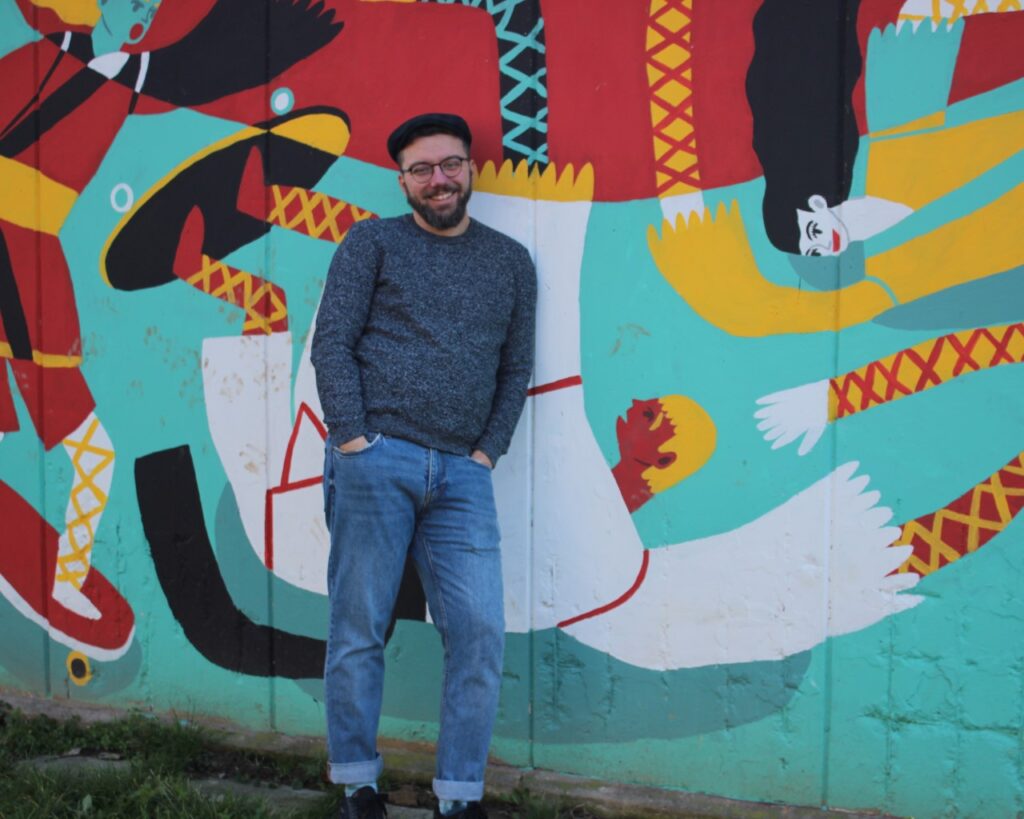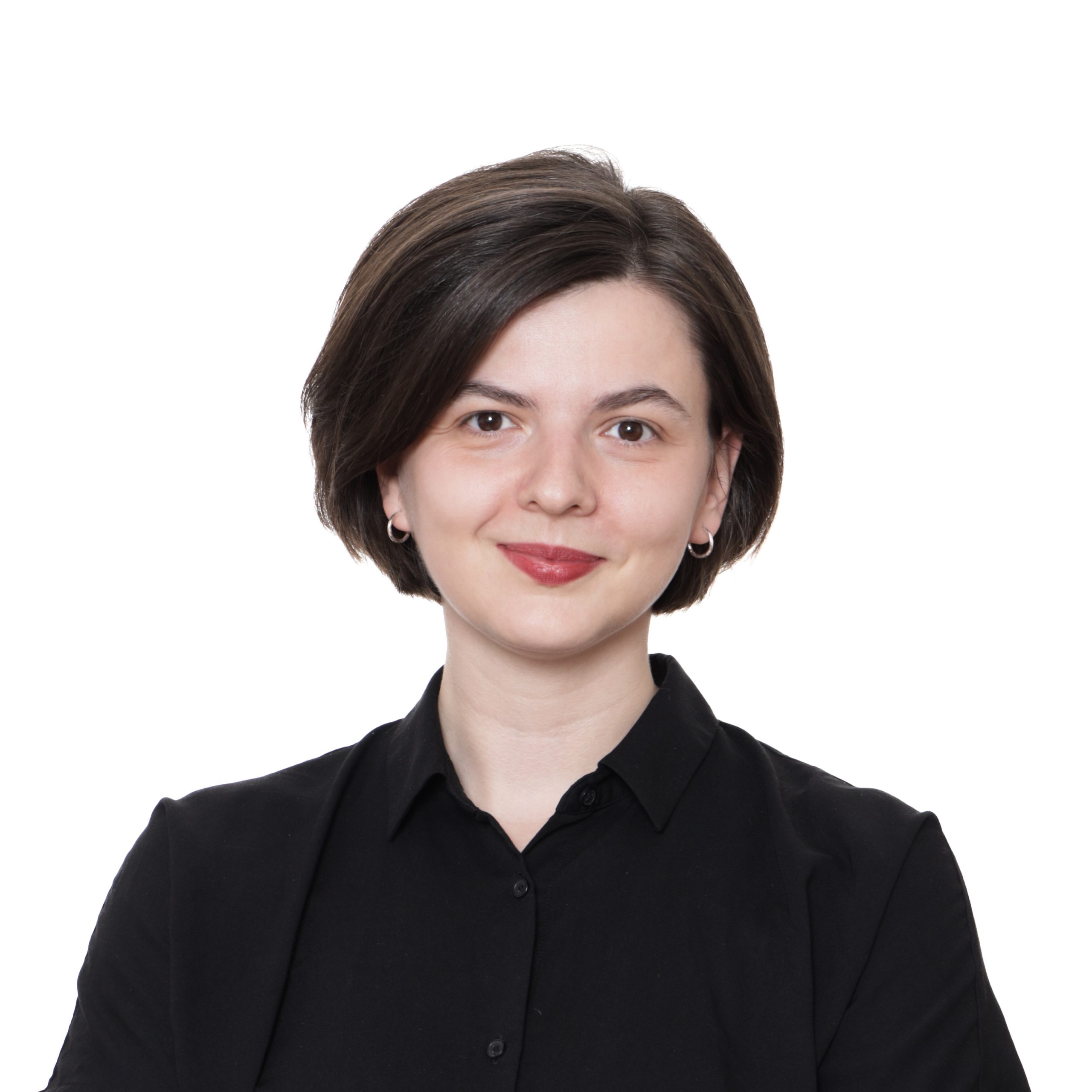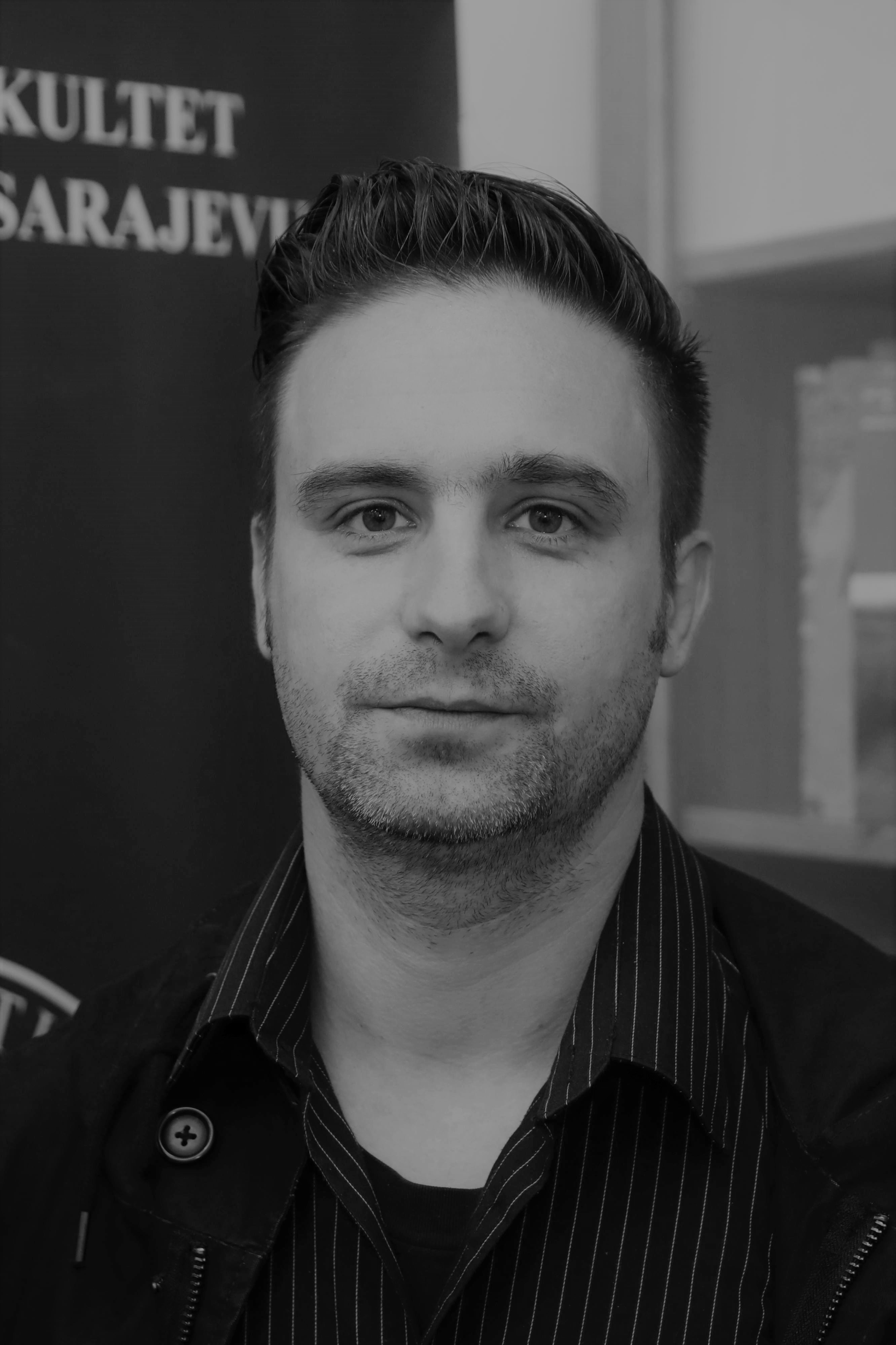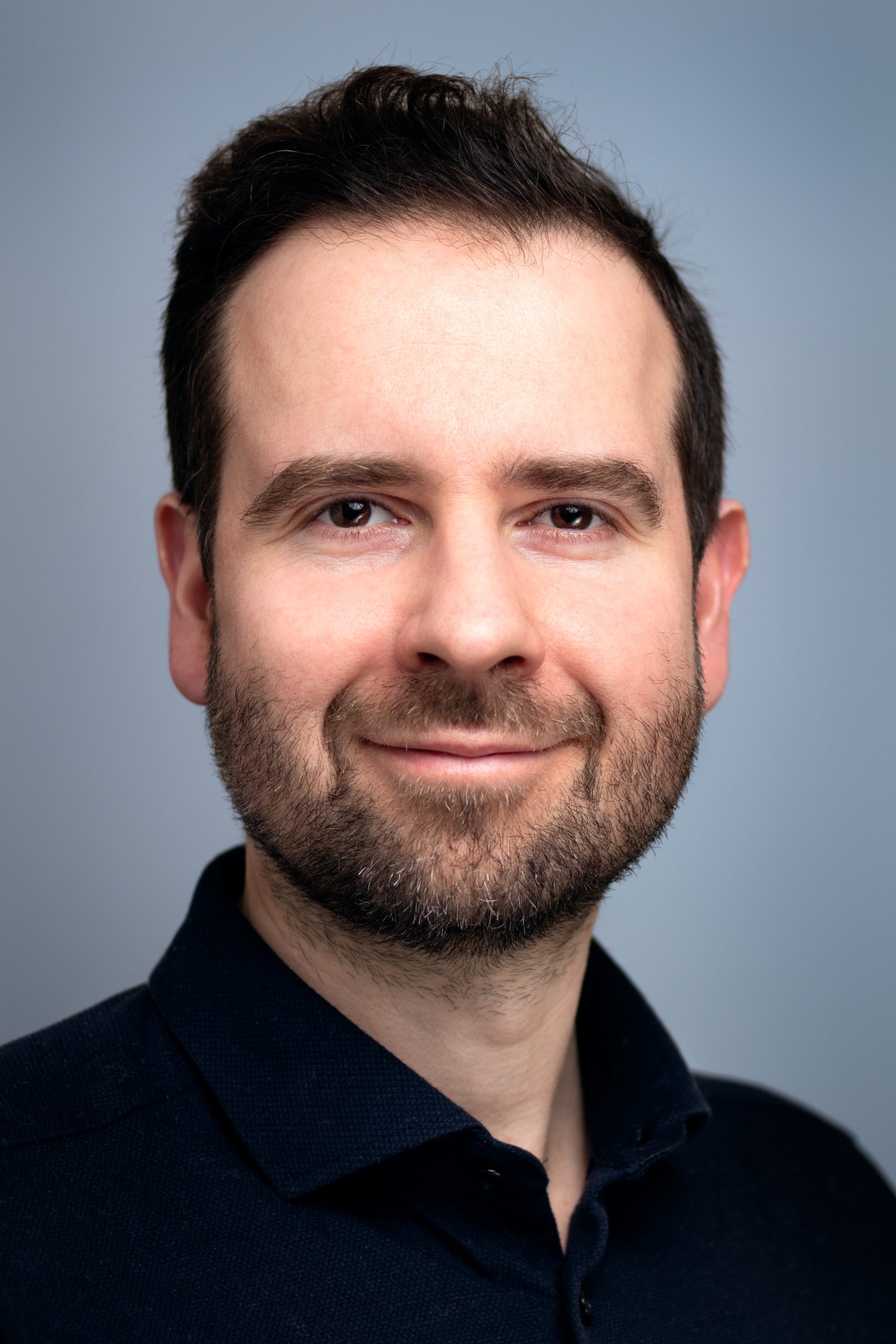On Thursday, January 19th at 12 PM (CET), we are hosting the CAS SEE Seminar with Ivan Flis on the topic of Outline for the study of Nikola Tesla as a myth.

IVAN FLIS
Dr. Ivan Flis is a postdoctoral researcher at the Department of Cultural Studies of the University of Rijeka. He is studying the memory and legacy of Nikola Tesla as part of the project “REVENANT–Revivals of Empire: Nostalgia, Amnesia, Tribulation” (ERC Consolidator Grant #101002908), under the supervision of Dr. Jeremy Walton.
The REVENANT perspective, mixing Memory Studies and History and Philosophy of Science, constitutes Tesla as a doubly post-empire historical person, considering he was born and educated in the Austro-Hungarian Empire and achieved most of his celebrated scientific successes in the United States.
Ivan holds a PhD in history and philosophy of science from Utrecht University and a MA and BA degrees in psychology from the University of Zagreb. He was a visiting research fellow at the Centre d’Història de la Ciència (Autonomous University of Barcelona), Moore Institute (NUI Galway), and CAS SEE (University of Rijeka).
About the Seminar
The celebrated inventor Nikola Tesla was born in 1856 in Smiljan and died in 1943 in New York. Smiljan and Lika, at the time, were part of the Austro-Hungarian Military Frontier in what is today Croatia. Tesla, an ethnic Serb whose father was a protopresbyter (Orthodox priest), left the Military Frontier as a young man; first for Graz, and then to Prague, Budapest, Paris, Strasbourg, and finally New York.
In the US, Tesla made his name as an inventor in the newly developing field of electric engineering, by the turn of the century emerging as one of the de facto leaders of the so called “War of the Currents” on the side opposite to the “Wizard of Menlo Park”, Thomas Alva Edison. Later in life, Tesla struggled to finance his research and died a penniless old man in 1943.
Tesla’s story was told and retold numerous times in different ways – academic, popular, fictional, educational, nationalist, hagiographic, countercultural – with his cultural impact often described as everything from “Tesla who was unjustly ignored” to “Tesla who was the most important genius launching the modern age”.
In this talk, Flis will propose an outline for the study of the memory and legacy of Nikola Tesla. Through a series of case studies spanning the period from 1856 to today, and contextualizing Tesla as a person produced by the post-imperial (Walton, 2021) spaces of the now disintegrated Austro-Hungarian Empire and the “hidden” empire of the United States (Immerwhar, 2019), his aim is to reconstruct the many overlapping monomythical images of Tesla produced during his life and after.
Tesla the Inventor, Tesla the Serb, Tesla the Emigrant, Tesla the Immigrant, Tesla the Croatian, Tesla the Yugoslav, Tesla the Genius, Tesla the Humanitarian, Tesla the American, Tesla the Scientist, Tesla the New Yorker, Tesla the Forgotten, Tesla the Eccentric; all these images of Tesla are overlapping traces of the evolution of a culture hero (Wachhorst, 1981). Some were initially produced and maintained by Tesla himself, but then reconfigured by numerous scientific, professional, national, and religious communities claiming his legacy and memory.
Join Zoom Meeting
https://us02web.zoom.us/j/88989643663?pwd=VnZTOWRmdnl0WEZIdTczc1paZWtkdz09
Meeting ID: 889 8964 3663
Passcode: 328897
Fellowships
Fellowships are enabled by the ERSTE Foundation and Rockefeller Brothers Fund in the framework of supporting brain circulation for democratic development in Southeast Europe.
UNIRI The Moise Palace: Cres Island
An education center of the University of Rijeka. A five-hundred-year-old patrician townhouse and the largest Renaissance palace on the Croatian islands. A venue and forum for various scientific and research activities, it welcomes visiting academics, students and scholars.





